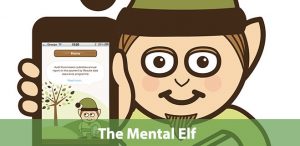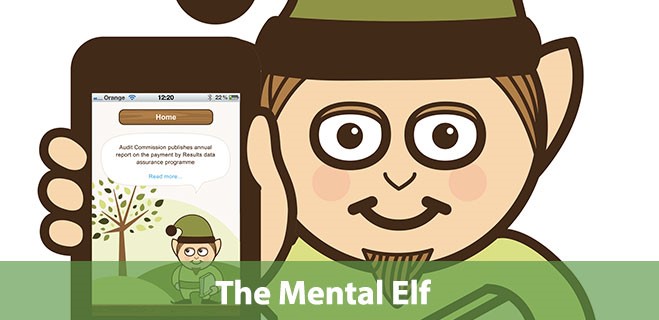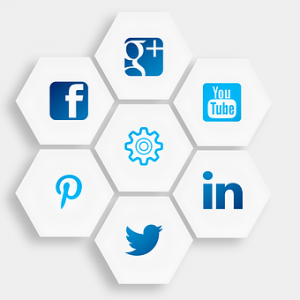I’m lucky…
 that my role in LEaD’s Educational Technology Team (ETT) involves working with the School of Health Sciences (SHS) and being invited to its many fascinating talks. I don’t often have time to attend these (and – our secret – I don’t always understand all of the words in the titles). But last week I went to attend André Tomlin’s** “Blogging, Tweeting and podcasts: getting your research out there” talk which had been organised by SHS’s Centre for Mental Health Research.
that my role in LEaD’s Educational Technology Team (ETT) involves working with the School of Health Sciences (SHS) and being invited to its many fascinating talks. I don’t often have time to attend these (and – our secret – I don’t always understand all of the words in the titles). But last week I went to attend André Tomlin’s** “Blogging, Tweeting and podcasts: getting your research out there” talk which had been organised by SHS’s Centre for Mental Health Research.
I was intrigued by the title, (I understood all the words) and I was interested to hear the connection between blogging, Twitter and research. Not all of us ‘get’ Twitter, even if we have accounts, We may get Facebook (for friends and people we’re scared of) and LinkedIn (for people we’re scared of who aren’t friends), but Twitter is something slightly different to me, with a less defined, more complex and often contradictory usage remit. How, I wondered, could the communication tool of choice endorsed by the likes of Donald Trump and Victoria Beckham possibly be of use to researchers?
Accessibility of information
André highlighted the difficulties facing the modern researcher. One of these is information overload. According to André, over 240 research papers are published daily compared with only three daily in 1974. Despite this abundance of offerings, audience-detachment can occur as research is often written with other researchers in mind and front-line staff don’t always feel included. The use of ‘paywalls’ means that only those with the necessary affiliations – or cash – can gain access to some information. Also, according to André, 50 percent of research is biased or unreliable.
Blog and Twitter power
André set up his National Elf Service blog in 2011 with four main aims: to make mental health research more accessible; to critically appraise the robustness of published research; to highlight research areas which can positively impact professional practice and to reduce the time-lag (of up to ten years ) between research informing practice.
The key to the blog is that there are many authors (over 150) and service users write some of the reviews. This enables greater accessibility to front-line staff who may not read more formal research, perhaps because they lack critical appraisal skills.
André’s blog and its affiliated Twitter account is underpinned by being open access and free-to-use. Twitter is not just used by researchers (or for that matter presidents of the greatest nations on Earth) but by many other health professionals. The issues of trust and reliability of a blog or a tweet are addressed in the way that articles and opinions can be questioned and commented upon: they are not cul-de-sacs of conversation. André also mentioned the use of ‘Tweet chats’ in which papers are read first and then discussed via Twitter (Flipped tweeting?) and the influence of Twitter communities such as WeMHNurses a ‘Twitter meeting place for mental health nurses & those interested in mental health’. André underlined the power of including expert opinion via podcasts and video as demonstrated by Suzi Gage via ‘Saywhytodrugs’ who, in André’s words has gone from “Twitter user to Twitter hero”.
One of the keys to getting engagement with the blog is to use Twitter as a hook by tweeting the blog post title. Analytics have shown that audiences want clear sign-posting (which Twitter can provide) and that once they arrive on the blog their attention span (or commitment) means that a 30-second video is ample. Podcasts and webinars obviously require more commitment, but should last between 30 and 60 minutes. On average, people spend about two minutes looking at a web page, but as engagement is the aim, this data shouldn’t be the driver for a blog; the focus should be on the actions that result from interacting with the content.
André’s session was both informative and engaging. Thanks to him and the Centre for Mental Health Research for organising. I may even tweet about it…..
**André is an Information Scientist with many years’ experience working in evidence-based healthcare in both the NHS and HE. He established the Centre for Evidence Based Mental Health and, later, his own company, www.minervation.com.


